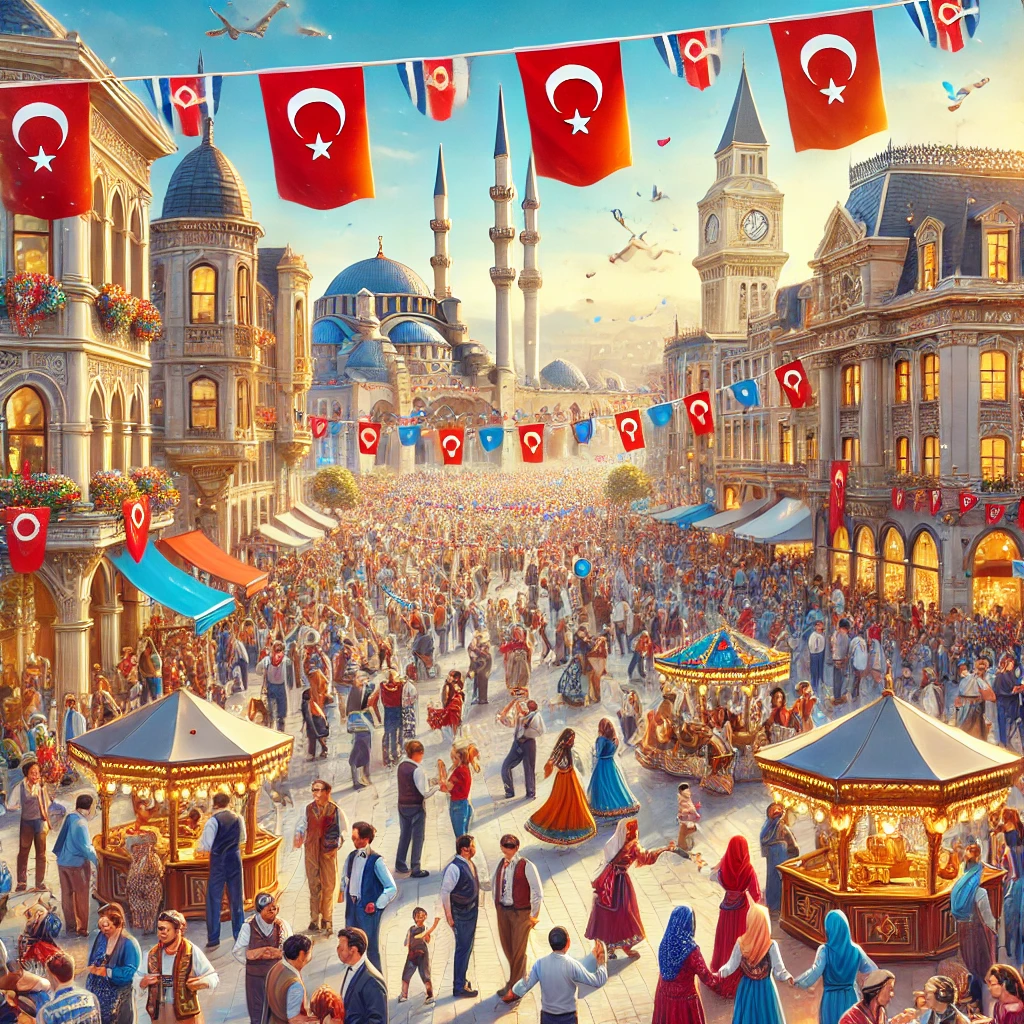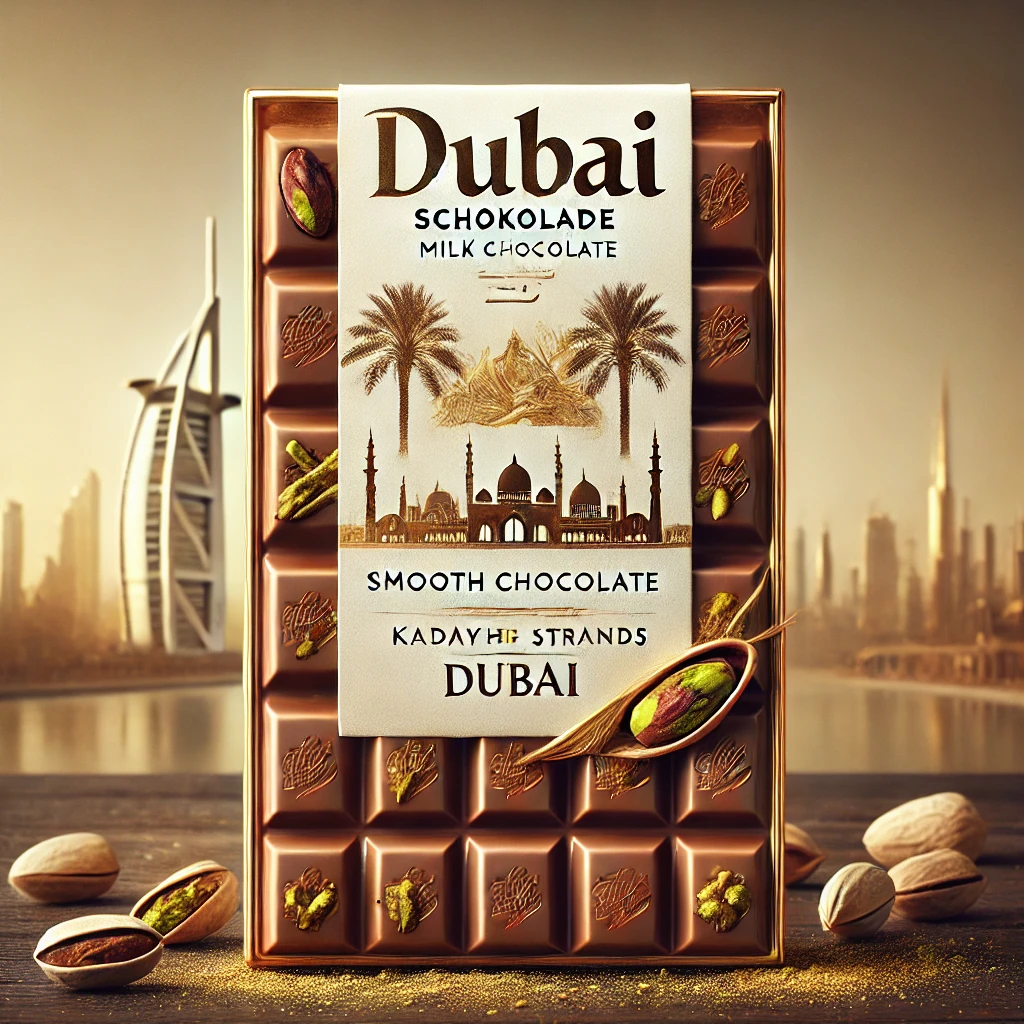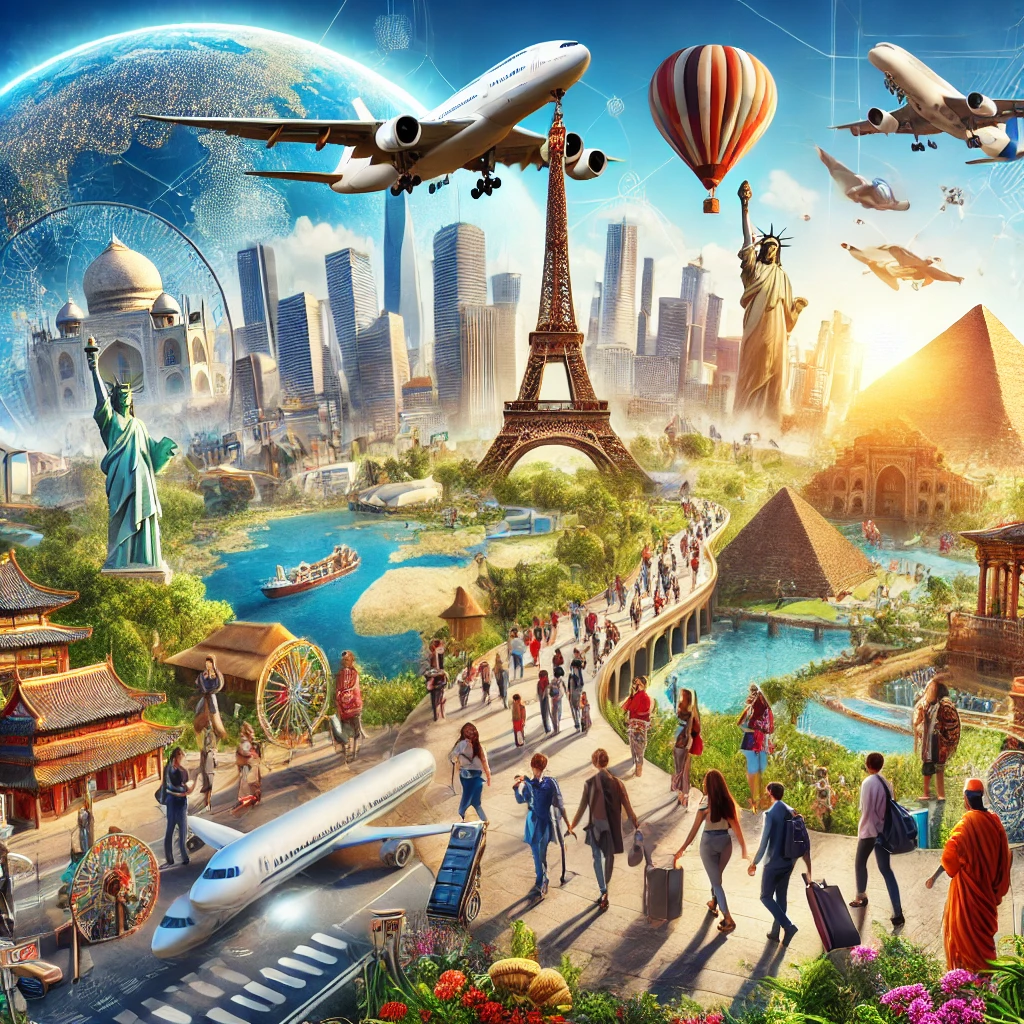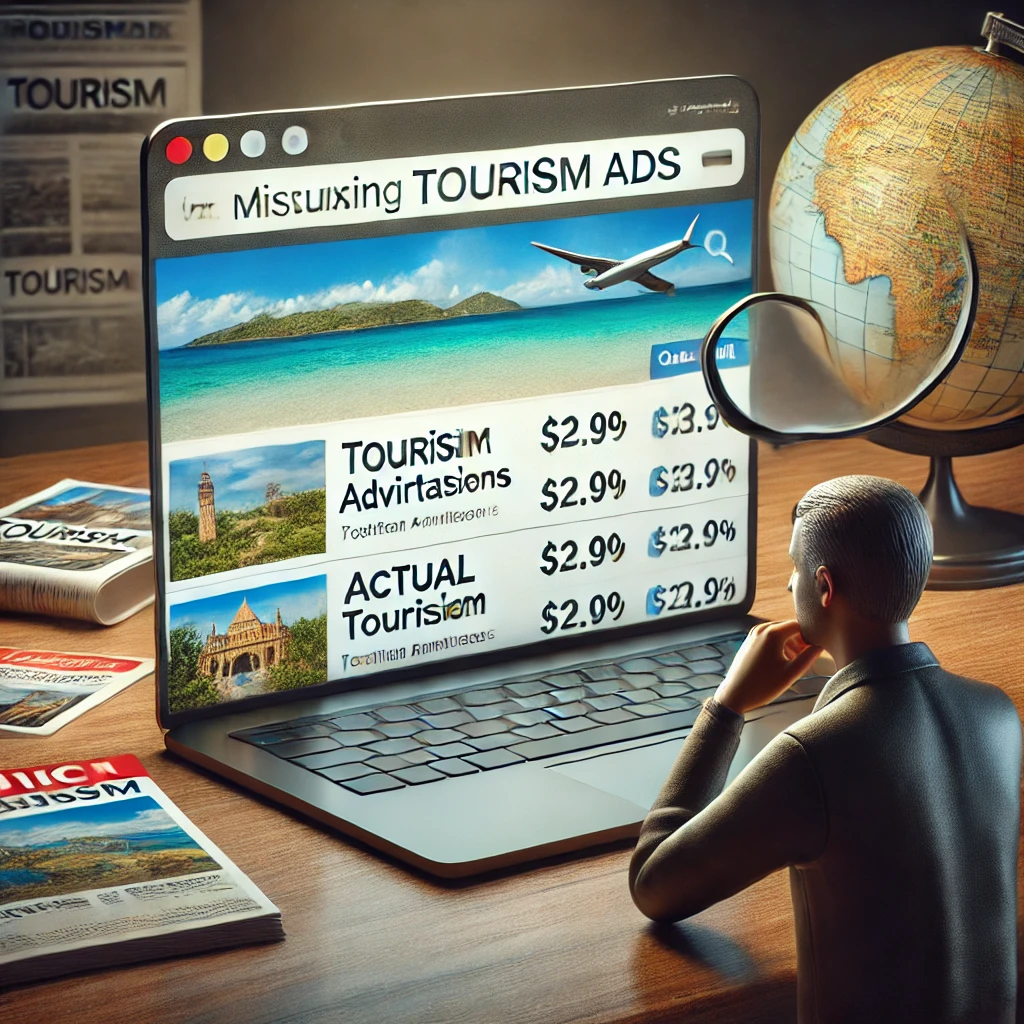Turkey Today
In June 2011, the Justice and Development Party (AKP) secured a decisive victory, ensuring a third term for the conservative party led by Prime Minister Recep Tayyip Erdoğan and President Abdullah Gül. Since coming to power in 2002, the AKP has faced criticism from secularists who argue that the party is undermining the secular legacy of Mustafa Kemal Atatürk. Concerns have been raised about the AKP’s intentions, with some critics claiming the party seeks to impose Sharia law, evidenced by efforts to relax restrictions on headscarf-wearing and Erdoğan’s stance against alcohol and tobacco use. However, the AKP leadership denies these claims.
Under the AKP, Turkey has increased political and economic engagement with the Arab world and developing countries while maintaining a commitment to joining the EU. The accession talks have been slow due to criticism on issues such as the Turkish occupation of Northern Cyprus and the refusal to label the deaths of Armenians during World War I as genocide. Domestically, critics point to laws that penalize insulting “Turkishness” (amended to “insulting the Turkish nation” in 2008) and pressures on the media as further obstacles.
Tensions between the AKP and its critics peaked in the summer of 2013 when police used heavy-handed tactics to disperse a peaceful sit-in at Gezi Park in Istanbul, sparking weeks of protests across the country. The upcoming local elections in March 2014 and the first-ever popular vote for president in August 2014 will be critical in assessing the AKP’s grip on power.
The Economy
The AKP has leveraged economic growth as a key point in recent elections. Since the 1999 Marmara earthquake, Turkey’s economy has seen significant improvement, though recent trends show signs of faltering. The country benefits from a diverse economy, including self-sufficient agriculture, a massive textile industry, and a growing electronics sector. Tourism has also surged, with foreign visitor numbers nearly tripling between 2000 and 2010. Strong foreign investment has bolstered the Turkish lira, and inflation control allowed the government to remove six zeroes from the old lira in 2005.
However, the annual GDP growth rate, which averaged more than 6% in the 2000s and hit 8.9% in 2010, slowed to 2.2% in 2012. Inflation rose to nearly 9% in summer 2013, and the lira’s value against the dollar reached an all-time low. Concerns about the economy include a sizable trade deficit driven by the need to import foreign oil and worries about overheating the economy, causing jitters among foreign investors.
Religion
Turkey is a secular republic with a population that is 99% Muslim. The remaining 1% consists of Christians (mainly Greek Orthodox and Armenian Apostolic) and Jews. The country prides itself on religious tolerance, a legacy of the Ottoman Empire. Despite being a predominantly Muslim country, many Turks drink alcohol, smoke cigarettes, and lead a relaxed approach to religion. In cities like Istanbul, it’s common to see both fashionable women and those wearing headscarves.
The Arts
Turkey has a rich artistic heritage and continues to contribute significantly to the art world. The Istanbul Film Festival, held every April, is in its 33rd year as of 2014 and awards prizes for both Turkish and international films. Orhan Pamuk, who won Turkey’s first Nobel Prize in Literature in 2006, remains a prominent figure, but other authors, filmmakers, designers, and musicians are also gaining recognition. Turkey is also a significant player in fashion design, thanks to its large textile industry. The visual arts are well-represented, particularly in ceramics and porcelain, with Kütahya and İznik tiles being especially famous.
Sports
Turkey is passionate about soccer (football), with strong club rivalries and a national team that has achieved notable successes, including reaching the semifinals in the 2002 World Cup and the 2008 European Cup. Basketball is also growing in popularity, with Turkey hosting the 2010 FIBA World Championship and finishing second.
Media
The Turkish media landscape is vibrant but controversial. Article 301, which previously forbade insulting “Turkishness” and was later amended to “insulting the Turkish nation,” has led to prosecutions of notable figures like Orhan Pamuk. The government has a history of closing, fining, or pressuring media outlets that offer harsh criticism. The frequent shutdown of popular sites like YouTube and detentions of journalists have raised concerns about freedom of speech. Despite these issues, the Turkish press remains diverse, representing a range of voices.
Smoking
To combat widespread tobacco addiction, Turkey introduced a smoking ban in enclosed public spaces in May 2008. While some bars and clubs ignore the ban, the government estimates that cigarette consumption has decreased by 10 to 15 percent annually since the ban, and over 2 million people have quit smoking.
Latest Update: Jun 19, 2016
Your Content Goes Here
A brief summary of the key points in this article.




